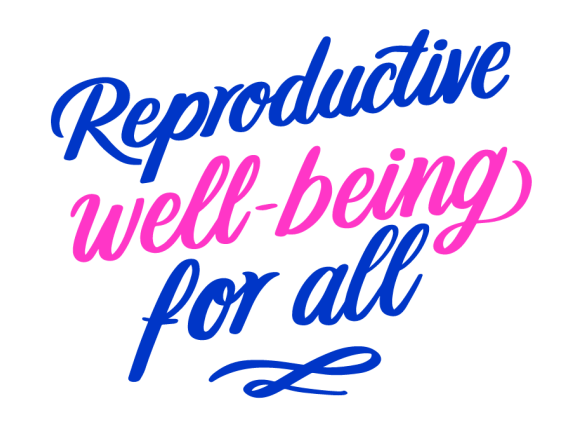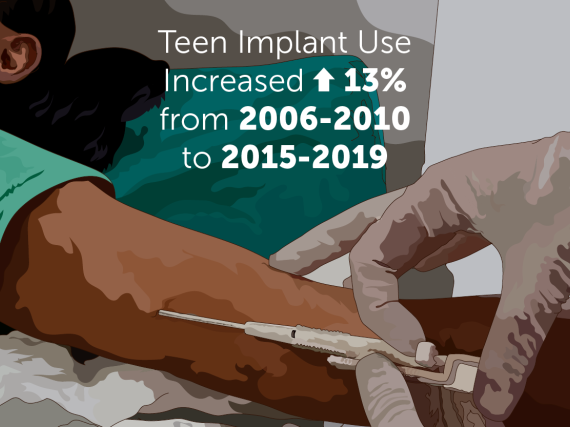New Data on Adolescents and Young Adults’ Preferred Sources of Birth Control Information
Ensuring adolescents and young adults (AYA) have access to trusted, resonate, and accurate sexual and reproductive health information is essential, especially with growing restrictions on school-based sexual health education and mis- and dis-information online. In partnership with external researchers, we used data from Power to Decide’s 2023 Thanks, Birth Control Survey to address gaps in what is known about AYA’s birth control information sources. The findings were recently published as a research letter in JAMA Network Open.
The 2023 Thanks, Birth Control Survey was an online survey administered among more than 1,100 young people aged 15-29, assigned female at birth (AFAB). Participants were asked where they received information about birth control in the past year (i.e., ‘actual’ sources) as well as “If you could choose any way of getting information about birth control, how would you want to get it?” (i.e., ‘preferred’ sources).
As reported in the research letter, about one-third (34%) of respondents had not received any birth control information in the past year. Moreover, the study highlights discrepancies in preferred and actual sources of birth control information. For example, providers were the most preferred source of birth control information (82%), yet only 43% of AYA received birth control information from providers in the past year. Parents (29%) and websites (33%) were also preferred sources, but fewer received information from these sources (15% for each).
There were some notable differences by age. For example, parents were the second-most preferred source (59%) among minor respondents (aged 15-17). The study documented positive associations between receiving birth control information from providers and parents and having sufficient information to decide what birth control method is right for them. Conversely, receiving birth control information on social networking sites was negatively associated with having sufficient information to decide about contraception.
These findings suggest that AYA are not getting the information they need and deserve in the way that they want to get it. Results underscore the critical role of providers in supporting AYA’s access to information, whether in the exam room or elsewhere. In fact, providers can leverage other sources, such as social media and websites to meet youth where they are with medically accurate and trustworthy information.
We will be able to investigate this topic further using Power to Decide’s inaugural Youth Reproductive Health Access (YouR HeAlth) Survey, fielded in Summer 2024. The 2024 YouR HeAlth Survey Data Report will be released in October, and we look forward to expanding on these findings in subsequent analyses.



